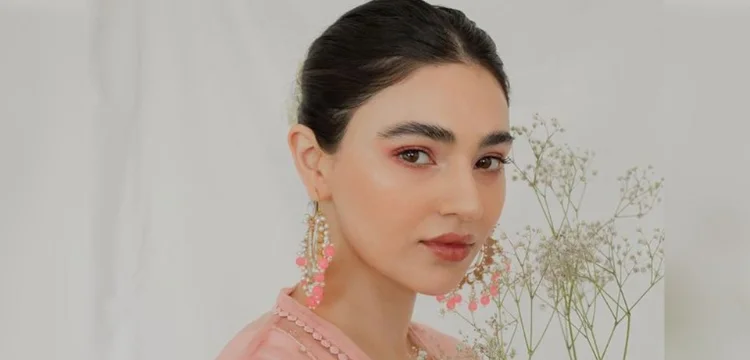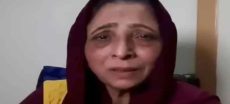Pakistani actor Saheefa Jabbar Khattak has openly shared her ongoing battle with mental health, offering a glimpse into the profound impact it has had on her and her family, especially her father. In a heartfelt Instagram post, Khattak expressed her deep emotional struggle and her desire for relief, not just for herself, but for the sake of her father’s peace of mind.
Khattak wrote, “No father deserves to see his daughter in pain. I wish for health for myself so that my father can stop worrying about me. I don’t want this hollowness to go away because I can’t handle it; Now I want it to go away because my father can’t take it. Allah, you are both the Most Merciful and the Most Compassionate. Either make me so strong, that I can bear this pain myself, or take it away forever. You know what’s best for me and what tests I should go through. I leave it in Your hands. Just make it easier for my family.”
Also Read: Saheefa Opens Up About ‘Toxic Relationship with Food’ and Mental Health Struggles
This poignant message comes after several posts where Khattak has been vocal about her mental health journey, addressing the stigma and challenges she faces. In a previous statement, she expressed her exhaustion and the struggle with the relentless pain and panic attacks. She shared, “I don’t know about fulfilment anymore, but words matter. The right words, at the right time. I’m feeling this hollowness in my heart, exhausted by the pain and panic returning, the numbness, the fear. Also now I’m ashamed of it, ashamed of this disease I have, why? Because it makes me feel shallow knowing my privileges and support system. It’s relentless, and I find myself asking Khawaja Saab, ‘Why am I like this?’ As always, he never fails to say the right thing: ‘You are the best the way you are. Some lows in life do not define you as a person.'”
Khattak has also been open about her experience with prescribed antidepressants, detailing the complexities of managing her condition. “Being on prescribed antidepressants has given me mixed feelings. Initially, I felt numb—not happy or sad, just numb to every feeling, thought, and emotion. Slowly, I decided to lower the dosage to see if I have healed, but I felt an extreme shift. Previously the numbness I mentioned started to make me feel good. Now, I feel pain, fear, and anxiety coming back. I am lil lil scared too. But it’s alright I’ll get through this one too.”
Khattak’s candid revelations highlight the emotional toll of mental health struggles and the importance of support and understanding from loved ones. Her transparency aims to shed light on the often-taboo subject of mental health in the hope of fostering a more compassionate and informed discourse.











